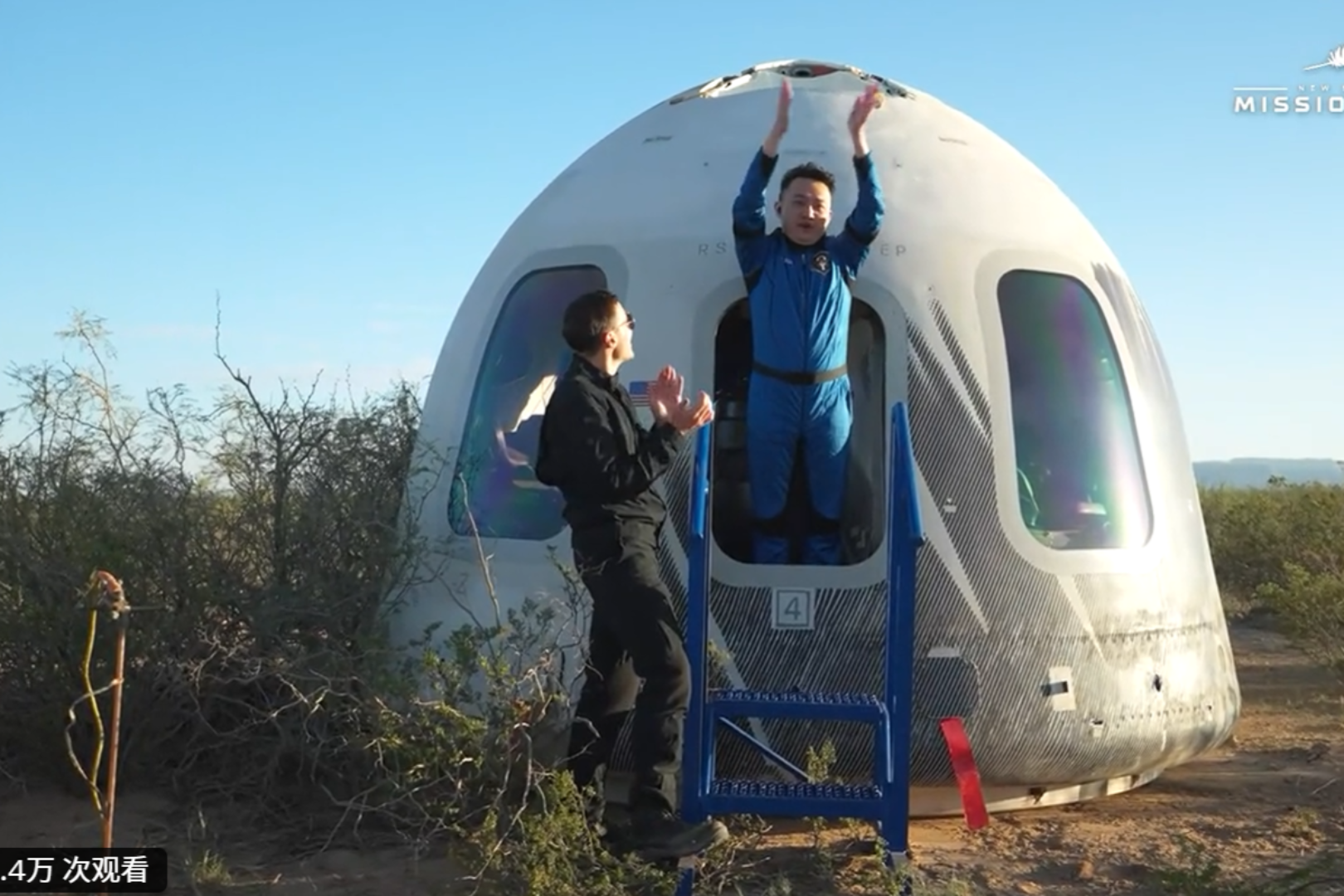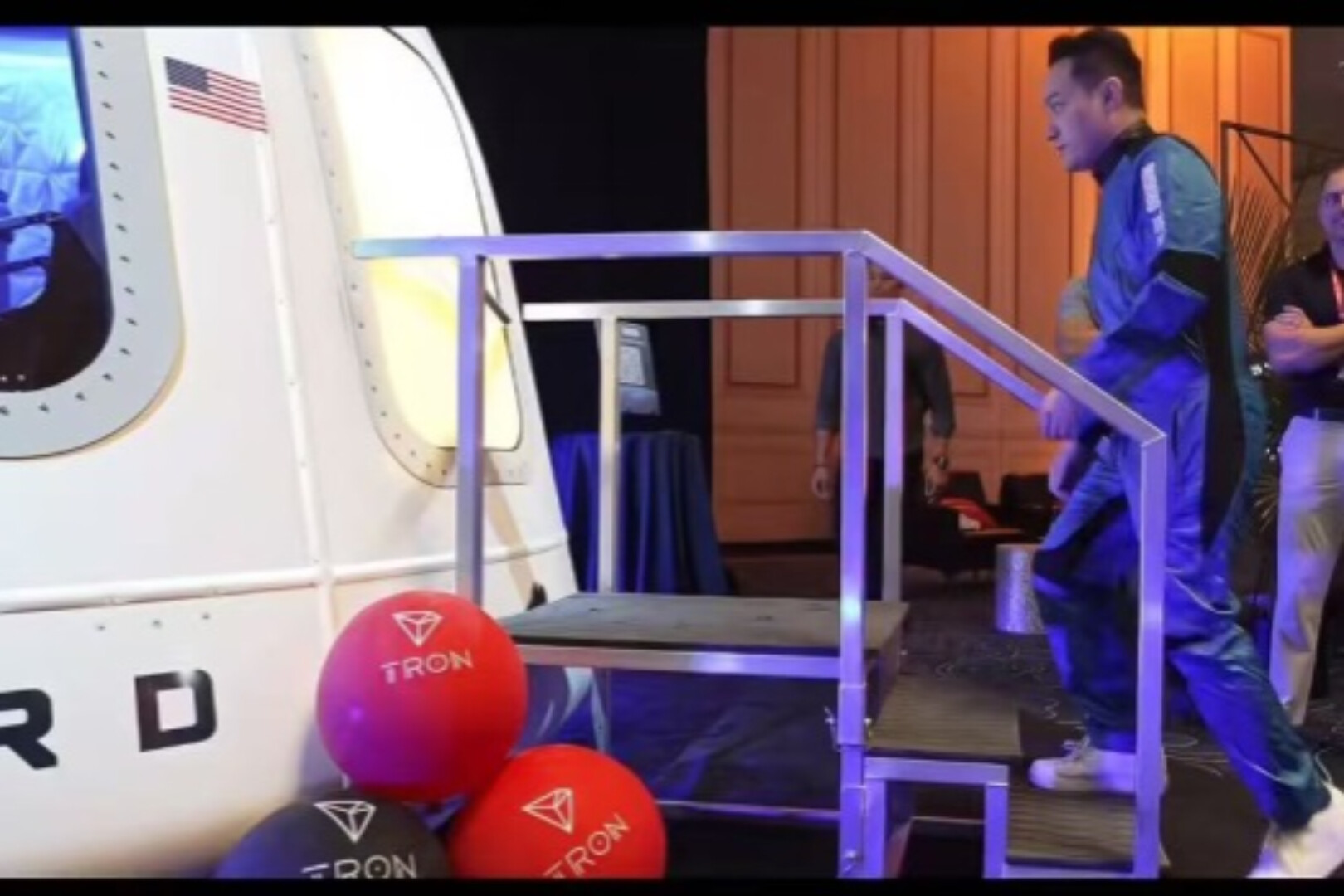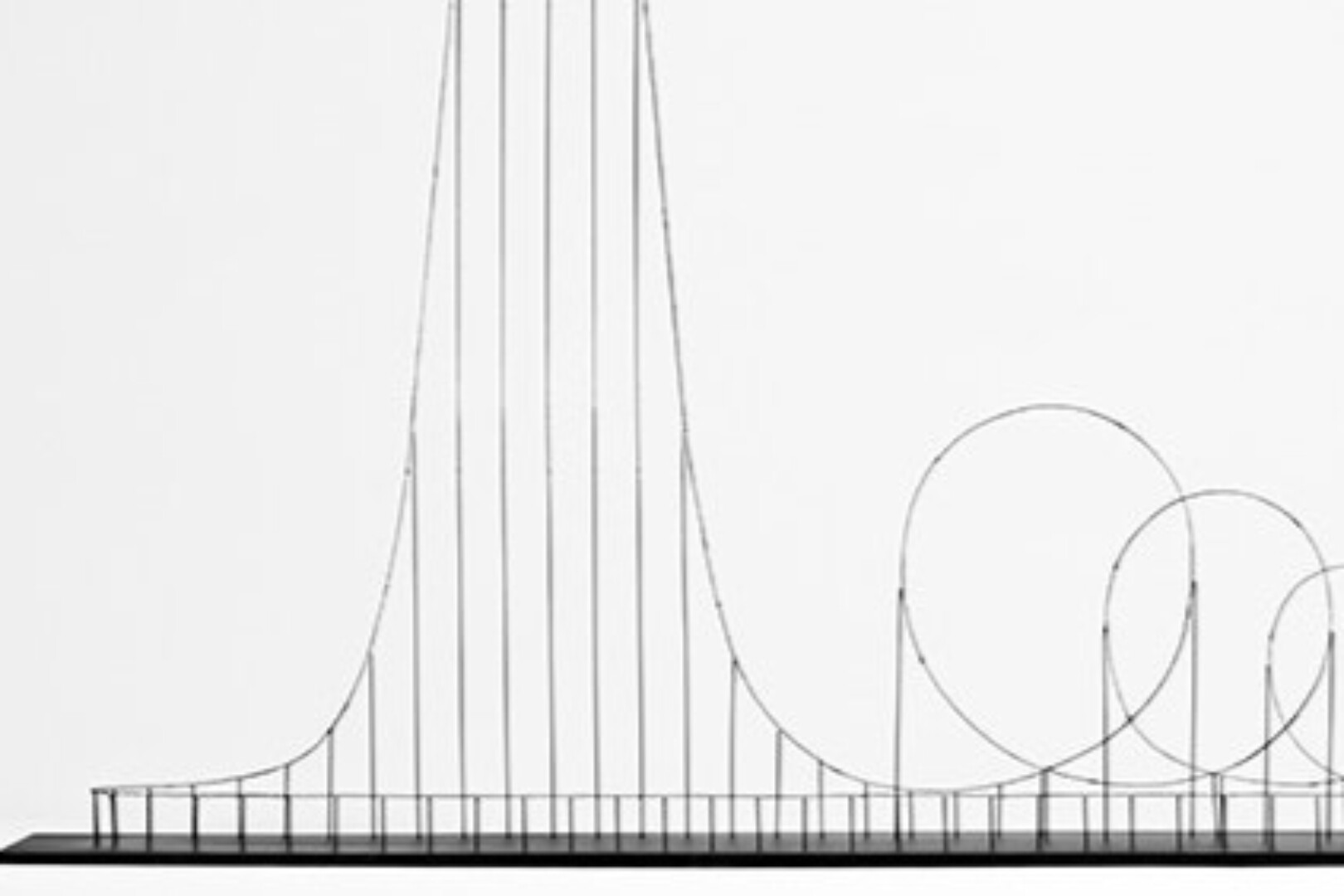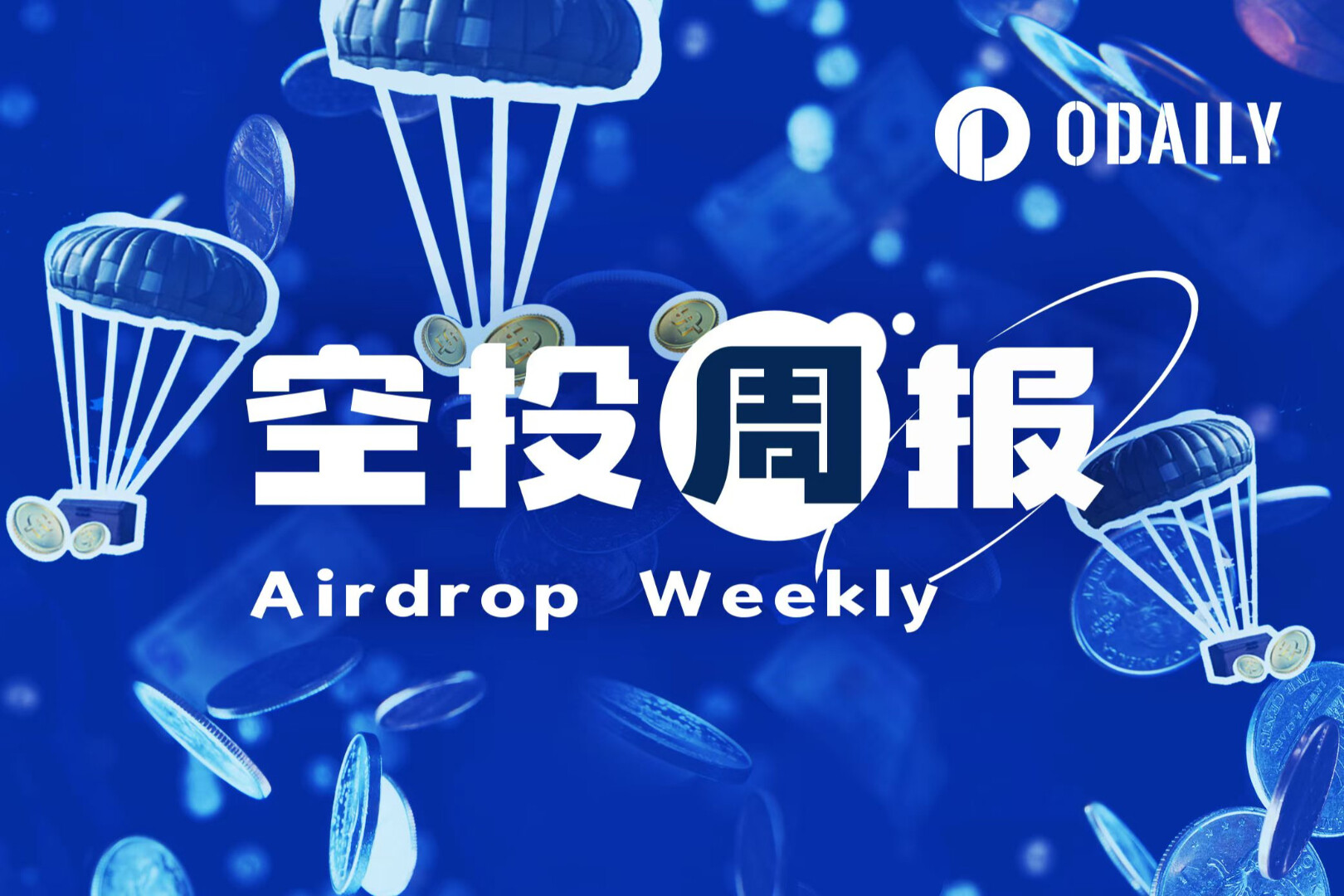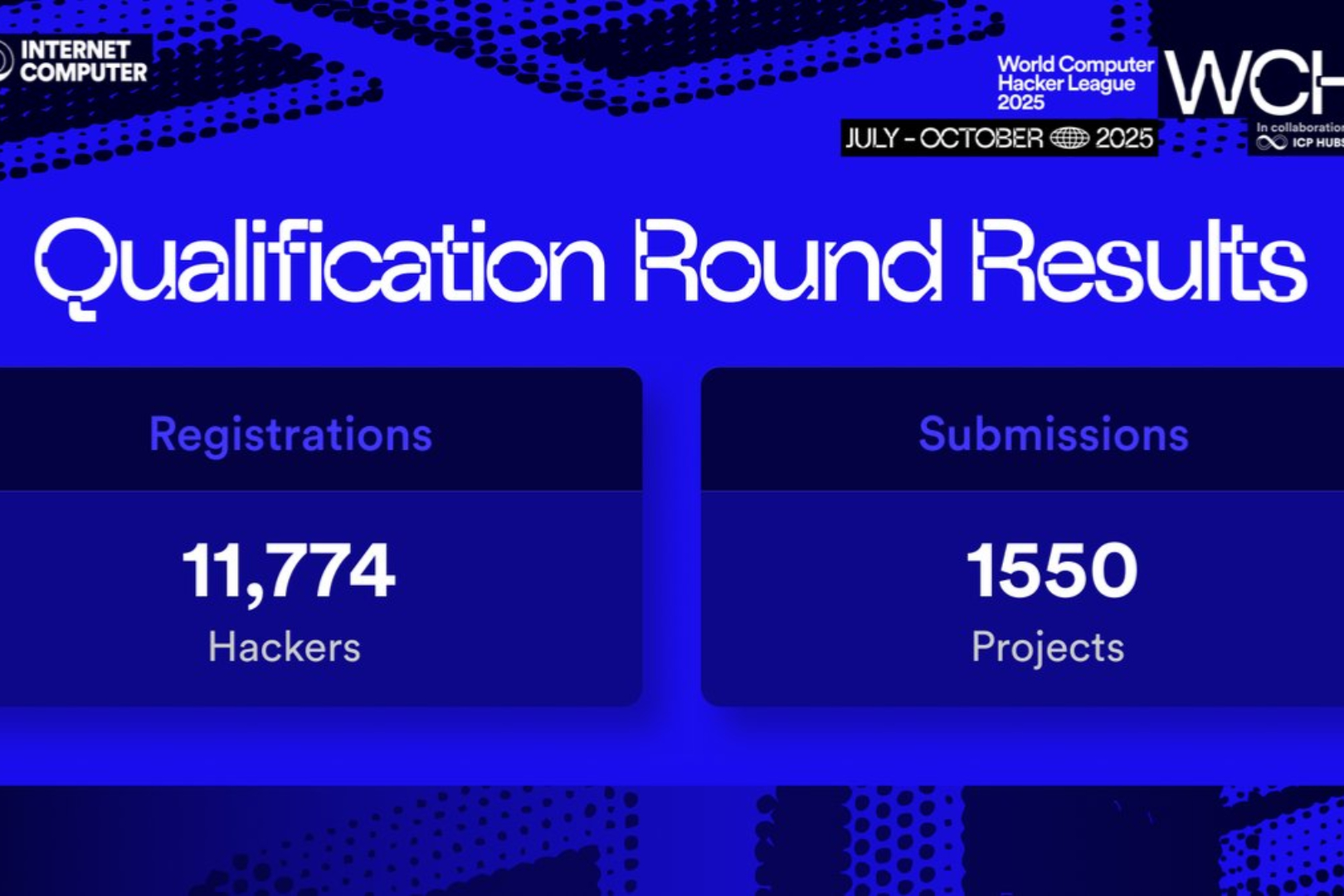Editor's Note: This article comes fromChain news (ID: chainnewscom)Editor's Note: This article comes from
Chain news (ID: chainnewscom)
Chain news (ID: chainnewscom)
, Content Discussion: Alastair Marsh, reprinted with authorization by Odaily.
However, in addition to the ambition of DeFi, this story has more conflicts and struggles, and it also shows the challenges faced by various practices in the "decentralized world".
Compiler: Zhan Juan
MakerDao is currently the largest project in the DeFi field and is generally considered to be "the project that started the DeFi movement." On October 9, Rune Christensen, founder of MakerDAO, announced at Devcon 5, the Ethereum developer conference, that Multi-Collateral Dai (MCD) will be officially launched on November 18. Multi-Collateral Dai will bring many new features to the Maker protocol, including Dai Deposit Rates (DSR) and more collateral types. When MCD is officially launched, it will become an important milestone in the development of MakerDao.
By Alastair Marsh, Bloomberg Reporter, in the October/November issue of Bloomberg Markets magazine
Compiler: Zhan Juan
For Ashleigh Schap, the Great Recession of 2008 was less an economic crisis than an ideological awakening. Her hometown of Houston escaped the financial storm that engulfed much of the country, her parents kept their jobs and the house she lived in held most of its value. She has little reason to imagine that America's capitalist machine will stop functioning.
 Yet the events of that year left an indelible impression on her as a teenager.
Yet the events of that year left an indelible impression on her as a teenager.
She read a lot of blogs about the financial crisis and its aftermath, and discussed the topics extensively with her classmates, which made her realize that good times don’t last forever. She said it made her disgusted with an unbalanced financial system that provides well-being and protection to those at the top at the expense of those at the bottom, a realization that has shaped her life since. had an important impact.
“I’m from Texas, and my family supports conservatism, capitalism,” she said. "And in this year, I saw the first evidence that the idea that growth can be maintained in any period, good talents can always be found, and the market is always efficient is a failure."
Five years from now, Scarp will discover Bitcoin—a pivotal moment in her growing dissatisfaction with existing political and financial structures; and another five years from now, she will be working to create what she sees as a fairer financial order. She will also part ways with her family politically. "I stopped discussing politics with them," said Scarp, now 27.
The leap from high school chess player to cryptocurrency rebel was not a given for Scape.
In 2014, before she officially graduated from the University of Texas at Austin, she joined Dallas-based JPMorgan Chase & Co. analyst. She said that after staying there for less than half a year, she moved to New York and worked in a financial technology company and a family office for a while, and finally, in April 2018, she came to MakerDAO and entered the financial industry. the most fringe.
The key to MakerDAO is its name: DAO, a word that stands for "decentralized autonomous organization." It is an online platform for creating digital currencies, also known as "stablecoins," and generating loans secured by cryptographic tokens. All of this is run by a blockchain-based computer program without oversight from any central party, such as a government.
MakerDAO is the foremost player in the rapidly growing decentralized finance movement. #DeFi, as the twitter hashtag is widely known, aims to create a financial world where everything from loans to investments is readily available to anyone, with all procedures bypassing gatekeepers who decide who gets to play or how each There are middlemen who charge a fee.
In this world, Scarp is at ease. The online game "World of Warcraft" introduced her to bitcoin in her early 20s: when she needed it to buy an accessory for her avatar. In February 2013, she bought 5 bitcoin tokens (a year later she lost another 5 bitcoins when the Mt. Gox exchange froze withdrawals due to a system hack).
 Decentralized finance is a natural outgrowth of the idea of cryptocurrencies. The DeFi movement is small; it’s almost entirely the domain of crypto utopians, many of whom are clustered around San Francisco. And its many critics called it a crazy experiment, and the operators simply did not have the ability to design financial products.
Decentralized finance is a natural outgrowth of the idea of cryptocurrencies. The DeFi movement is small; it’s almost entirely the domain of crypto utopians, many of whom are clustered around San Francisco. And its many critics called it a crazy experiment, and the operators simply did not have the ability to design financial products.
“This technology may be interesting for delivering financial services more efficiently, but I was struck by the naivety of the concept and the lack of knowledge about financial history,” said Richard Bernstein Advisors LLC founder, Merrill Lynch & Co. “They have a dismantling mentality, and they have very little understanding of why financial regulation exists,” said Richard Bernstein, former chief investment strategist at .
Scarp says she's not new to finance. "I left traditional finance for a reason, not because I didn't think I was getting paid enough, but because I wanted to see what we could do with this new technology and how far we could push it," she said. Not some crazy traitor. Quite the opposite. I believe blockchain has the potential to create a fairer financial system than the current one, with greater flexibility and access to credit.”
In fact, the ideas behind decentralized finance could have resonated widely outside the currency circle. Beginning with the global Occupy movement, the voices of discontent were driven by young people who opposed social injustice and existing power structures, including the financial industry.
Scarp dyed her hair pink while working at MakerDAO, a stone’s throw from the New York Stock Exchange. She said that she liked MakerDAO at the time precisely because it stood on the opposite side of corporate giants like JPMorgan Chase. MakerDAO is not so much a company as it is a cooperative, a commune in the digital age. Entrepreneurs are working together on this exciting new project.
However, Scarp didn't know that when she joined MakerDAO, a rebellion was already brewing within the rebellion. Scarp is inadvertently drawn into the fray over how decentralized financial services can be.
At the time, MakerDAO founder Rune Christensen had come to believe that it was time to move away from crypto-anarchism and integrate the project into the existing financial system. Others, including CTO Andy Milenius and Scarp, see such a move as a betrayal of their cherished ideals.


On the company's chat server in early April, Milenius reflected on the startup's ideological battle at the time. He said Christensen tried to impose his vision on a loose coalition of developers and businessmen, giving them an ultimatum to agree to his plan or walk away.
Millenius said in the post that many employees were dissatisfied with Christensen's high-handed offensive at the time, but he only named one of them, and that was Scarp.
It will soon become clear to her that her days at MakerDAO are numbered.
Scarp's time at UT Austin wasn't a natural springboard for her career in finance. She was a philosophy major with a French minor, and when she applied for a job at JPMorgan, she was trying to demonstrate how a liberal arts education had taught her to think. That job didn't end up being right for her. "I don't think it's a big deal what we do," she said. "We charge money to do things, but I feel like we charge too much. It's not rocket science."
Scarp felt increasingly drawn to the financial fringes. In the five years she has worked in traditional finance, she said, she has not come across many career opportunities in the cryptocurrency space. But by last year, she decided she was qualified enough and boring enough, and jumped at the chance to join MakerDAO.
Scarp worked in business development, which started out as a side job but quickly shifted to focus on realizing the most ambitious phase of the project: creating a stablecoin backed by multiple collaterals. She said she was always looking for partners who could provide collateral for the MakerDAO system.
 MakerDAO’s stablecoin, Dai, is pegged to the U.S. dollar and, in its current version, is also backed by ether. As of September 19, there was approximately $82 million worth of Dai in circulation. Launched around late 2017, Dai was one of the first virtual currencies specifically designed to avoid wild price swings.
MakerDAO’s stablecoin, Dai, is pegged to the U.S. dollar and, in its current version, is also backed by ether. As of September 19, there was approximately $82 million worth of Dai in circulation. Launched around late 2017, Dai was one of the first virtual currencies specifically designed to avoid wild price swings.
Stable assets like Dai can be used as a hedge against volatility. ETH peaked at just over $1,400 in early 2018 before falling to $84 by the end of the year and $175 in early October. Dai can also be used for payments. Dai users claim they have used it to buy cars and pay employees. Some payments firms, such as Wirex Ltd., allow customers to use the token to support the movement of funds between cryptocurrencies and traditional currencies, MakerDAO said.
The Dai token also supports lending. When ETH holders send their tokens to a blockchain-based contract developed by MakerDAO and open a so-called collateralized debt position (CDP, or “collateralized debt position”), Dai can be generated. The CDP then issues loans to ETH holders in the form of Dai. In times of market stress, the loan amount is lower than the value of ETH to maintain over-collateralization.
Dai is traded on exchanges such as Coinbase and is also widely used in other DeFi projects. Advocates of decentralized finance want to do more than replicate the current system: they want DeFi projects to participate in spawning a whole new world of business models and products that cannot exist without blockchain technology.
Joey Krug, a DeFi advocate and co-chief investment officer of Pantera Capital, the first U.S. investment firm focused on Bitcoin, said: “Imagine, do you have the ability to develop a new financial market? , the kind of market that would require an investment bank to design a multimillion-dollar bespoke contract can now be done with just a few mouse clicks.”
MakerDAO also has a second token — MKR. It's sort of like a stake in a public company, giving holders voting rights on issues like how much collateral is required to borrow Dai. Holders receive funds from the fees charged to borrowers as a reward for their good governance. If the loan is not repaid, the value of these tokens may be diluted. The current circulating value of MKR tokens is approximately $450 million.

If the MakerDAO system works as envisioned, it will act like a decentralized bank, taking deposits, facilitating lending, and managing risk, Scarp said. And it also operates like a central bank when it comes to setting interest rates (in the form of a so-called stability fee designed to help Dai peg to the dollar).
Scarp said that before MakerDAO splintered and disillusioned, she felt the startup she was a part of not only reshaped the financial industry but created a new kind of corporate structure: impromptu brainstorming, flat organizations, people Compete to contribute ideas regardless of each other, regardless of title or area of responsibility. At first, she said, she believed that all this wasn't a product of good personal relationships, but rather Maker's DNA.
Maybe not. Coming to MakerDao's one-year anniversary, she made little effort to hide her growing unease in a series of tweets. One of them reads: "I believe in a global, borderless, decentralized currency. I believe in transparent and open governance. I also believe that we are inherently flawed as human beings, and we must put our selfishness aside. Putting aside your desires to make this happen. We deserve it for this cause. That's important."
Just a few weeks ago, Christensen, who co-founded MakerDAO in 2014, delivered his ultimatum in true countercultural gesture. Christensen is 28 years old and comes from Denmark. When he was still in college, speaking Chinese, he co-founded a company to recruit European teachers to work in China.
Inspired by the sci-fi movie "The Matrix," he offered the MakerDAO development team two options. Red Pill: Embrace Christensen’s views and join the group, according to Millenius in his post, Christensen’s “main focus” is “government compliance and Maker’s integration with the existing global financial system integration". Blue Pill: If you see things differently, get things done and walk away.
Taking the red pill doesn’t mean you’re defecting to mainstream finance, says Christensen: “I reject the idea that I’m not an idealist.” He said he sees little precedent for startups like MakerDAO to follow , to be successful in a fast-paced industry, they need to adapt to the real world.
"The key to this great journey and challenge is how to realize this vision," he said. “Writing white papers and code is easy, but to make a truly decentralized financial system work, you need to deal with challenges such as regulation and how to integrate with existing systems.”
In his view, the DAO-like setup that Scape cherished led to a "tyranny of disorder."
MakerDAO launched the Maker Foundation last year. Its purpose is to promote the success of the Dai credit system and formalize its architecture. As of mid-September, the foundation was still recruiting professional board members, Christensen said.
In response to his ultimatum, Scarp and some like-minded employees came up with a third approach, known as the "purple pill." They wanted to find a compromise that would preserve MakerDAO's decentralized ethos and ensure its resources would be used to fund the widest possible range of DeFi projects.
"If you're going to build a whole new system, it's going to need an altruistic idea and design that avoids one company or entity taking all the rewards," Scarp said. "You're supposed to eliminate top-level advantages, and that's hard. Made it: If we build something, we inevitably feel like we deserve our share of the reward.”
According to Millenius' post, Christensen viewed the discussion of the purple pill as an uprising. Many supporters of the purple pill were fired, Millenius said. Scarp was fired at the end of April. She said the company gave her the reason for firing her because she violated a "non-solicitation" clause, an allegation she denies. A spokesperson for MakerDAO declined to comment.
Milenius, 27, who resigned as chief technology officer shortly before writing the op-ed, said MakerDAO was part of a broader conflict sweeping the crypto community — one in which one faction believes that blockchain technology It is a means to completely reshape the financial world, and the other school believes that it is just an effective tool to improve the efficiency of the financial world. He said: "The blockchain community has always been divided between those who support improvement and those who have radical views on a new way of life. After the events of this spring, it is clear to me that Maker is now fully Belonging to the former camp."

For Christensen, the next phase of the project is growing users and profits. He said he was considering whether to get MakerDAO a brokerage-proprietary license or buy a licensed brokerage firm so the MakerDAO system could accept real-world collateral to back Dai.
He said: "The future is not about making Maker work, but figuring out how to expand the ecosystem as much as possible, and how to make it profitable. There is still a lot to do before the crypto ecosystem becomes a self-sufficient large economy. "
Scarp said she never imagined that she would be at the center of the MakerDAO storm. "Somehow, somehow, I became the poster child for what was supposed to be a rebellion. But that's not true. I wasn't the one who initiated it, and there was no coup," she said.
After losing his job at MakerDAO, Scarp went to Egypt for a break. She had been snorkeling for a long time, and in Dahab in the Red Sea, she tried something more adventurous: learning to free dive from a depth of 20 meters. Scarp said she enjoys the mental challenge, "It calms your mind and overcomes the urge to breathe or swim to the surface."
After leaving Egypt, she went to Berlin, a heartland for blockchain developers, where she consulted for some DeFi projects.
Scarp said her experience at MakerDAO strengthened rather than undermined her belief that decentralized financial services are necessary and desirable. She said she wishes MakerDAO all the best. After all, she has put in a year of work on the project and now holds some MKR tokens. But she still doesn't think platforms like MakerDAO need to be regulated.
